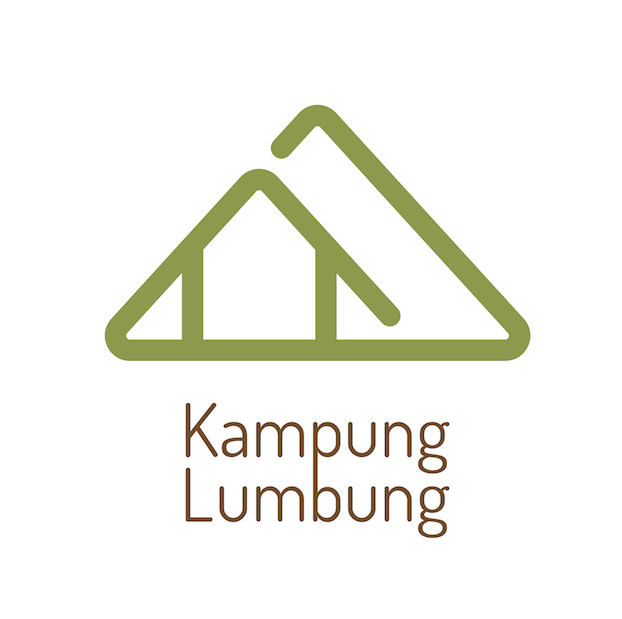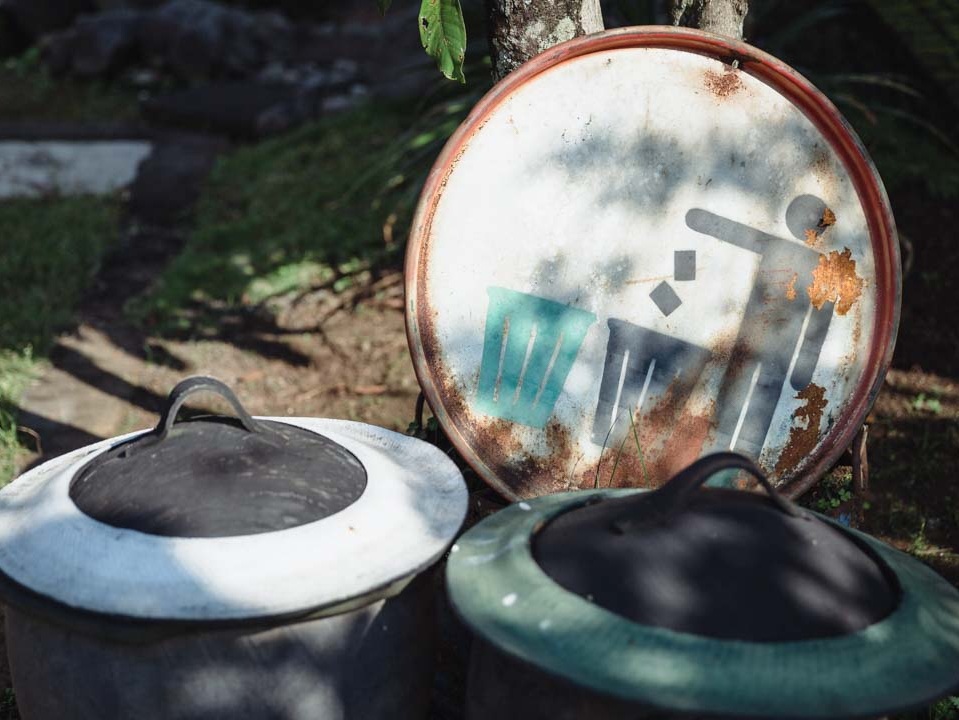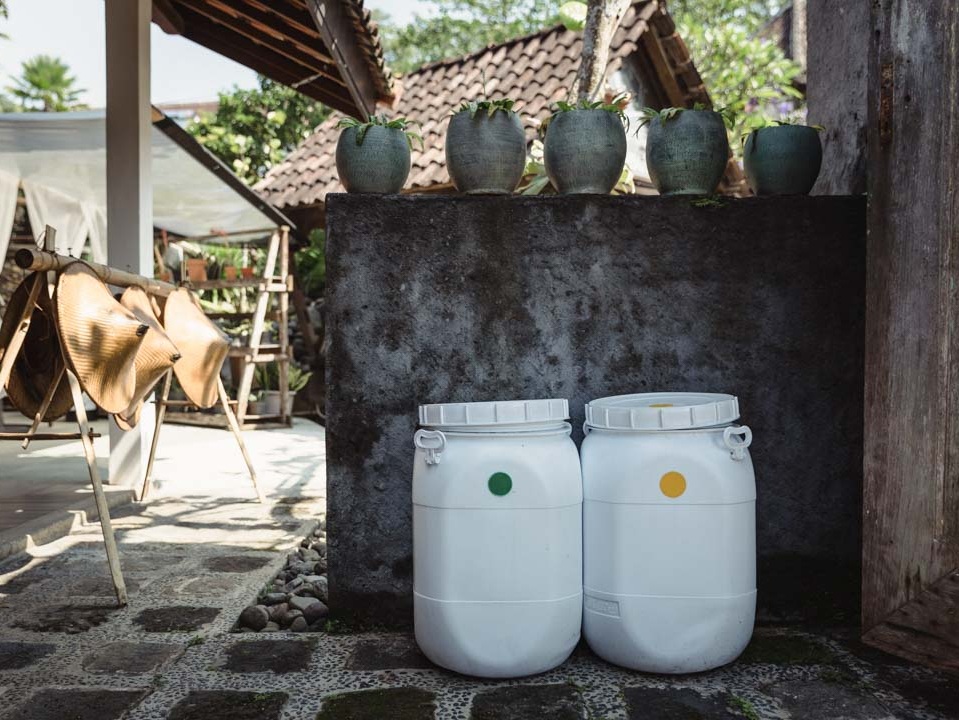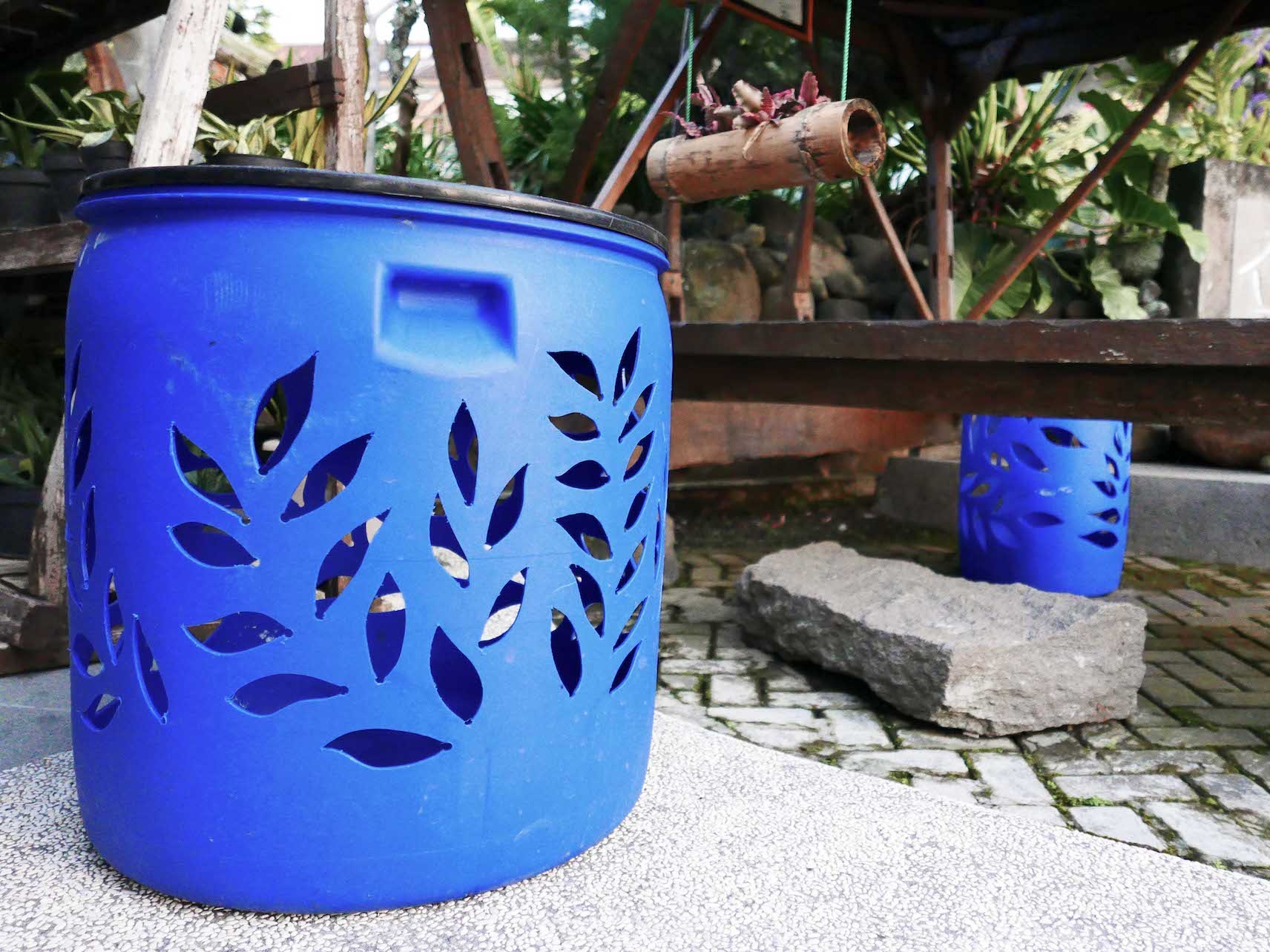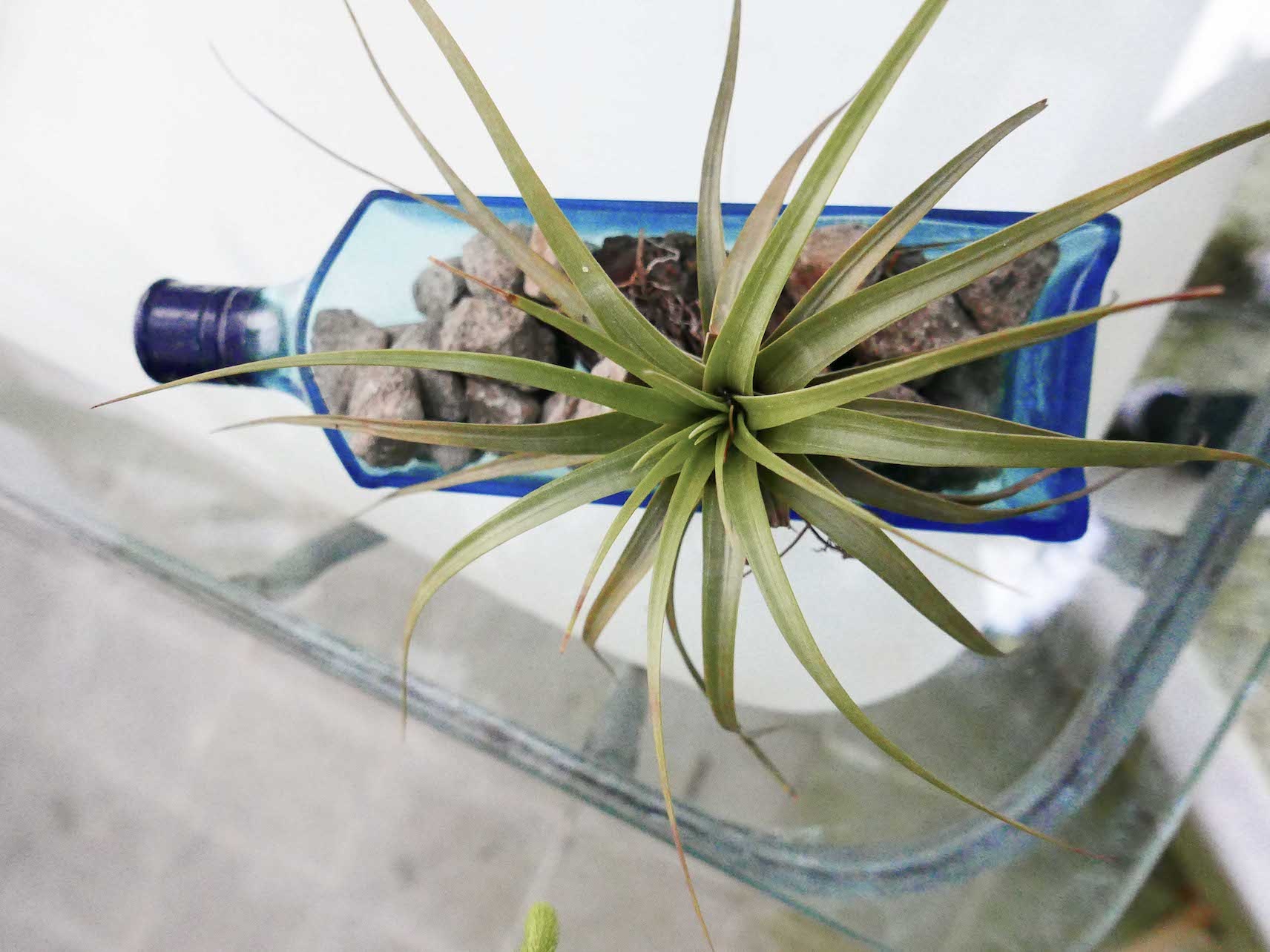ECO-FRIENDLY PRACTICES
Kampung Lumbung have committed to implement eco-friendly practices on a daily basis since our Day-1.
We aim to sustain this beautiful place and our surrounding environment for the future. Here are our practices:
LANDSCAPE
Strictly keeping natural surface
We did not strip all the hills bare, but rather build our property to fit into the natural landscape. We want to keep as much greeneries as possible.
Pavements and walkways
We built pavements according to the original surface, with consideration to maintain and protect the topsoil as much as possible
Natural stones in the garden
We use as many natural stones as possible in our garden to ease the absorption of rainwater into the soil.
Mini Jungle
Arrayed across 2 hectares, we planted more than 200 types of trees and fruits, replicating a mini jungle that has attracted various types of tropical birds to stop by and nest.
Batu is a highland farming area, with massive, uncontrollable use of pesticide that has damaged and killed the local wildlife in the past 70+ years. We strictly don’t use pesticides for our trees and plants.
SUSTAINABLE CONSTRUCTION & FURNISHING
We design and build our buildings and furnishings as natural as possible, with considerations of lesser damage to the environment. All cottages have been built using traditional construction methods.
Restored antique East Javanese traditional houses made from teak and recycled wood. No trees were felled and no virgin wood was purchased during construction
Less chemical materials, allowing raw and natural building texture for the exterior.
80% of our furniture is made from reclaimed woods: We chose our wood responsibly and no trees were felled. Another 20% are sustainably sourced woods coming from re-planted fruit trees (Longan, Jackfruit, etc) and other fast-growing trees such as Saman.
Upcycled furniture and decor.
WATER
Natural pool and ponds
Water comes directly from the spring. You can enjoy our fresh spring water swimming pool (Umbulan), or choose to enjoy the normal pool with infinity edge (Padusan).
There are more than 10 fish ponds and artificial ponds to collect water and filter the wastewater naturally.
Filtered drinking water
We are trying to reduce plastic bottled water in efforts to reach our less waste goal. We filter our drinking water with the Nazava ceramic water filter.
Rainwater harvesting
We harvest 50% of rainwater collected from the hotel and public area rooftops and store it in a well. The harvested rainwater will increase groundwater discharge.
Wastewater management
From hotel and cottages: Wastewater from the hotel and cottages is treated through an infiltration system.
From the kitchen: Wastewater from the kitchen is filtered through the grease trap before channeled into fish ponds to filter naturally and finally discharged into the river.
WASTE, RECYCLING, AND UP-CYCLING
Plastic:
Plastic is our biggest enemy. We commit 100% towards less waste. We are currently intensifying our plastic-reduction efforts by not using single-use plastic straws, plastic bags, and minimising plastic bottled drinking water in hotel rooms, restaurant, and cafe.
Plastic bottled drinking water is the only remaining single-use plastic waste that we have a challenge avoiding, although an effort is being taken to replace them while ensuring the food and beverages safety is guaranteed. Please support our effort in reducing plastic bottled water and other single-use plastics. We are providing glass-bottled water upon request.
Waste Sorting: We have been sorting our waste since day one. We separate our waste into 3 categories: Plastic and aluminium, paper, and organic. Waste separation process starts from the rooms, kitchen and public areas. We’d kindly ask our guests to separate their waste according to the waste separation policy.
Organic Waste: We collect organic waste from food leftovers, kitchen disposal, and leaves on a daily basis to fuel our compost, which later will be used as fertiliser for our plants and garden.
ENERGY
We are currently still dependent on the power grid. However, we are slowly moving towards solar energy for water-heating and minimising energy usage in public areas.
Passive Cooling
We want to minimise our carbon impact, so all of our rooms are not equipped with fans or air-cons. We built open walls to maximise the flow of cool mountain air, avoiding heat to build up within the room.
Lighting
Room lighting: Our rooms are built to absorb natural lighting as much as possible, bringing in natural light, and allowing guests to switch off lights by day and experience a basic kampung life by night.
Public area lighting: We switch the public lights on starting 18:00 pm and switch them off at 6:00 am - reducing excessive use of electricity.
Water Heating
Showers in bathrooms are partially powered (25%) by the solar-powered heater, combined with gas.
To minimise excessive use of electricity, our rooms are not equipped with electric water kettle. We have hot-water stations in a few spots, ready to deliver hot water to your room upon request.
LOCAL COMMUNITY
Kampung Lumbung would not be what it is now without the participation of the local community.
Kampung Lumbung works hand-in-hand with a team of 30 people, most of whom are the local people from surrounding villages.
We pay competitive wages, provide on-site English lessons and ongoing trainings and capacity buildings for our staffs.
We treat our staff as families, and we care about their well-being.
